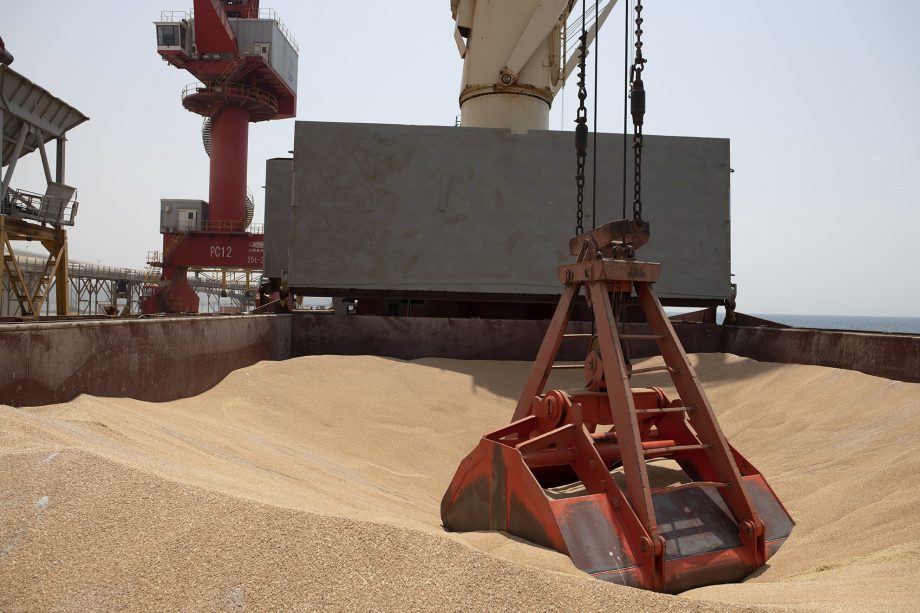UkrAgroConsult’s first estimates of Ukraine’s 2023 grain harvest
12 January, 2023 at 16:01
The rise in domestic wheat prices happened too late to encourage farmers in the western and central regions to expand wheat areas and thereby offset declines in other growing regions. Of course, these areas will be enough to satisfy domestic demand and even produce surplus for export. However, Ukraine’s role in the world wheat market will become far less in the next season of 2023/24. The share of spring wheat will depend on export demand and on further functioning of the “grain corridor.” As a rule, spring wheat areas are little in Ukraine, and the coming season is unlikely to be an exception.
The planted area of winter barley shrank by 35%. The largest plantings are in Odesa region thanks to its proximity to the seaports. As a reminder, 60-70% of Ukrainian barley is exported in the first 3-4 months of the season. Spring barley is attractive thanks to its cheap production costs and a quick return on investment (4 months from sowing to harvesting / sale). However, sales may face a problem in 2023. Over the past few seasons, Ukraine has focused its barley shipments on China, giving way to russian barley in other markets, for example in Saudi Arabia. And regaining those markets will not be easy. Shipments to Southeast Asia, incl. China, are only possible by large ships currently idle in the Bosporus lines, i.e. shipping by Panamax vessels is difficult, long, expensive and risky.
The size of corn area is currently under consideration. Corn areas are mainly away from the main war zone, while farmers’ planting intentions depend solely on the crop’s profitability. Weak domestic corn prices have already caused farmers to leave part of corn in the fields for wintering. It means the areas will not be properly prepared for spring sowing, as farmers usually do. Already now, UkrAgroConsult predicts a reduction in the corn area for the 2023 harvest. The extent of this reduction will be determined by the behavior of the domestic prices in the coming 2-3 months. High European demand for corn and availability of alternative export routes (by sea/by land) fuel in domestic prices rise. However, the prices may fall if the 2023 in Europe turns out to be less dry and more productive. Moreover, corn growing requires complex and expensive practices, availability of which in Ukraine is in great doubt this year. Also, low market prices of corn may leave the farmer on the edge of survival in 2023.
Undoubtedly, part of the previously corn area will be switched to groats, which are in good domestic demand, but these areas are small. Larger oilseed areas will be the main hope of farmers to get high margins in 2023.



